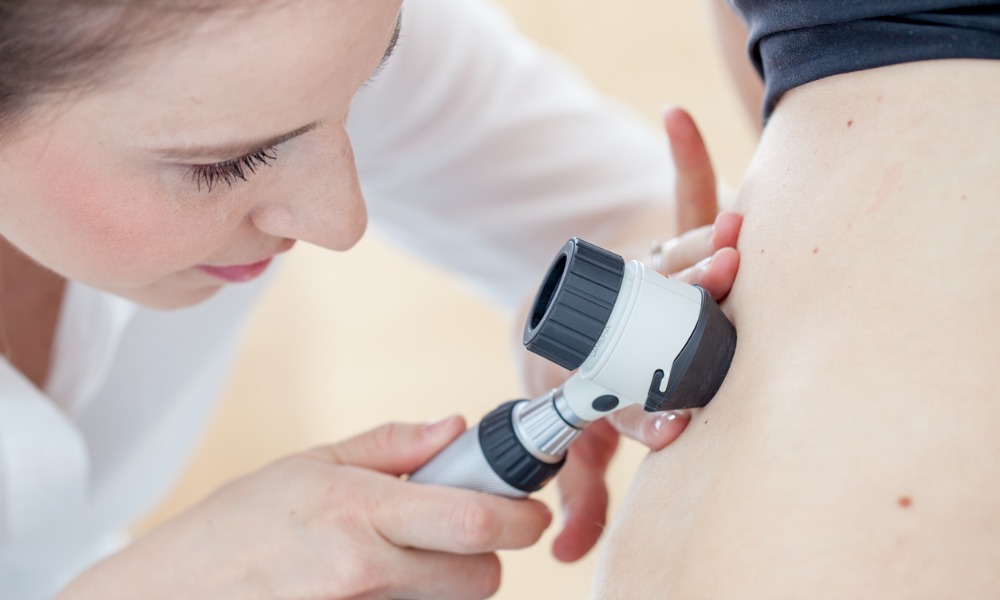
New report calls on employers to protect staff from ultraviolet rays

Nearly one in three deaths from non-melanoma skin cancer can be linked to working under the sun, according to new research, raising alarm against work exposure to solar ultraviolet radiation amid searing heat as of late.
New research from the International Labour Organisation (ILO) and the World Health Organisation (WHO) underscored the vulnerability of outdoor workers to non-melanoma skin cancer.
This is a "common type of cancer that starts in the top layer of skin" that is mainly caused by ultraviolet light, according to the United Kingdom's National Health Service.
In 2019, almost 19,000 people in 183 countries died from the disease after working outdoors in the sun, with 65% of the victims being male, according to the WHO-ILO report.
In the same report, skin cancer deaths linked to occupational exposure to sunlight also went up from 10,088 in 2000 to 18,960 in 2019, up by 88%.
The findings underscore how occupational exposure to solar ultraviolet radiation is a work-related risk factor as the world continues to heat up due to climate change.
"Unprotected exposure to solar ultraviolet radiation at work is a major cause of occupational skin cancer," said WHO Director-General Tedros Adhanom Ghebreyesus in a statement.
"But there are effective solutions to protect workers from the sun's harmful rays and prevent their deadly effects."
According to the research, governments should establish, implement, and enforce policies and regulations such as:
Employees' awareness on the link between sun exposure and skin cancer should also be offered, while services and programmes to detect early signs of skin cancer should be provided, according to the report.
Gilbert Houngbo, ILO Director-General, said employees have the fundamental right to a safe and health working environment.
"Death caused by unprotected exposure to solar ultraviolet radiation while working is largely preventable through cost-effective measures," Houngbo said in a statement.
The findings come as governments early this year implemented varying measures to protect employees from increasingly warmer afternoons due to climate change.
Saudi Arabia and the United Arab Emirates previously implemented a midday work ban to protect employees working under direct sunlight.
Hong Kong also launched a three-tier warning system for heat stress, while the Philippines issued an advisory calling for flexible work arrangements to limit employees' exposure to extreme heat.
"It is urgent that governments, employers and workers and their representatives work together in a framework of well-defined rights, responsibilities and duties to reduce the occupational risk of UV exposure. This can save thousands of lives every year," Houngbo said.